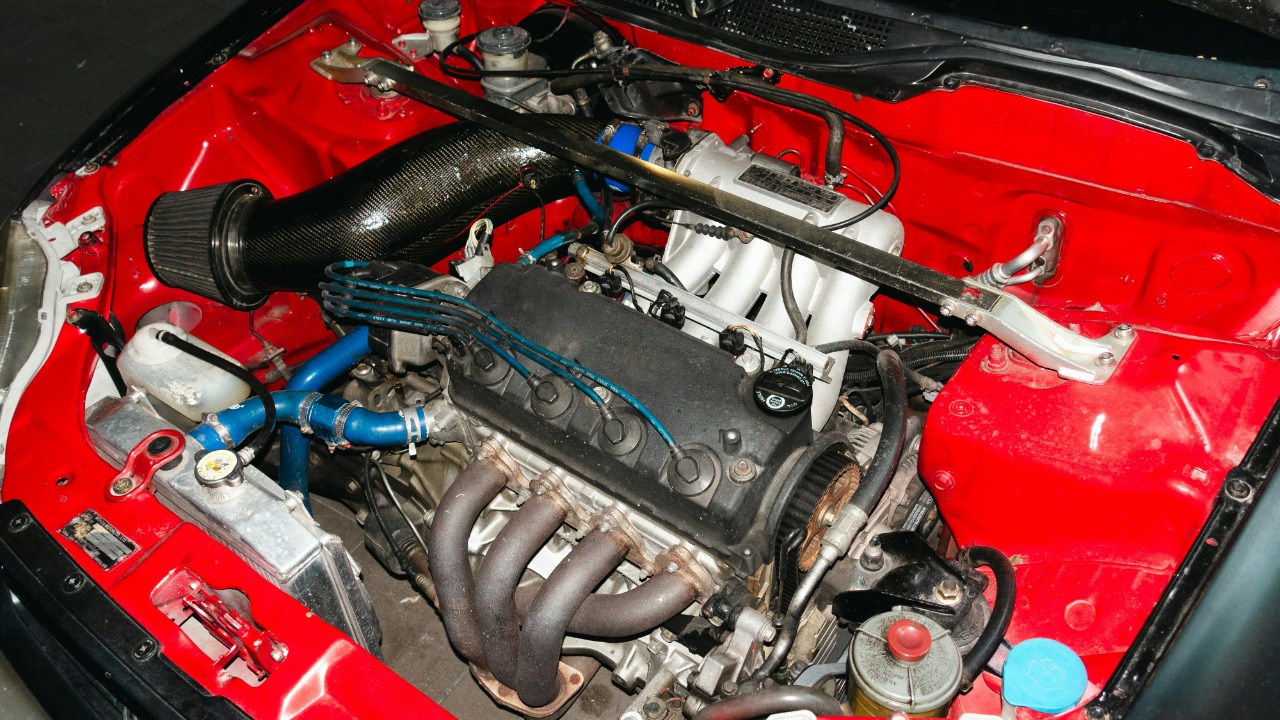With gas prices fluctuating and budget-conscious consumers seeking savings, the allure of cheaper gasoline options is undeniable. However, opting for the cheapest fuel available might not be the best decision for your vehicle’s health. Skimping on gas quality could lead to costly engine damage.
The Chemistry of Gasoline

Octane Ratings and Engine Performance
Understanding octane levels is crucial for maintaining engine performance. Octane ratings measure a fuel’s ability to resist knocking during combustion, which can damage engines over time. Higher-octane fuels are formulated for high-performance vehicles, ensuring optimal efficiency and power. When these vehicles use lower-octane fuel, engine knocking can occur, leading to potential long-term damage and decreased efficiency.
For instance, high-compression engines, often found in sports cars or luxury vehicles, rely on high-octane fuel to operate safely. Using a lower-octane fuel in such vehicles might initially save money, but the risk of engine damage and reduced performance could outweigh these savings. More insights on this topic can be found on Quora.
Additives and Their Role
Additives play a significant role in gasoline quality. These chemical compounds help prevent engine deposits, improve combustion efficiency, and reduce emissions. Cheaper fuels often lack these essential additives, which can lead to increased engine deposits and wear over time. This absence can result in clogged fuel injectors, reduced fuel efficiency, and even engine failure.
Investing in quality fuel with the right additives is a preventive measure that protects your engine from potential damage. For those curious about the science behind fuel additives, this book offers an in-depth exploration.
Economic vs. Mechanical Costs

Short-term Savings vs. Long-term Expenses
The temptation to save a few dollars at the pump can be strong, but it’s essential to weigh these savings against potential long-term expenses. Cheaper gas might mean immediate savings, but the potential for costly repairs due to engine damage is a real risk. Over time, the cumulative cost of repairs could far exceed the initial savings on fuel.
Moreover, using substandard fuel can significantly affect engine longevity and performance. The cost of replacing engine components or dealing with frequent repairs can strain any budget, making it essential to consider the broader economic picture when choosing fuel.
Warranty and Insurance Implications
Another consideration when opting for cheaper gas is its impact on your vehicle’s warranty and insurance claims. Many manufacturers specify the type of fuel recommended for their vehicles. Using fuel that doesn’t meet these specifications can void warranties, leaving you financially responsible for repairs that would otherwise be covered.
Insurance claims related to engine damage might also be affected if evidence suggests the use of inappropriate fuel. It’s crucial to understand these implications, as detailed in this resource.
Environmental and Regulatory Factors

Impact on Emissions and Climate Change
Using substandard fuel not only affects your engine but also contributes to higher emissions and environmental degradation. Poor-quality fuels often lead to incomplete combustion, increasing the release of harmful pollutants into the atmosphere. This not only affects air quality but also accelerates climate change.
The environmental impact of fuel choices is significant, as discussed in this study. Choosing higher-quality fuels can help reduce your vehicle’s carbon footprint, contributing to a healthier planet.
Regulatory Standards and Compliance
Fuel quality is subject to regulatory standards designed to protect both consumers and the environment. Non-compliance with these standards can have serious consequences for manufacturers and consumers alike. Understanding these regulations is crucial for making informed decisions about fuel purchases.
For example, in places like California, stringent fuel standards aim to balance consumer needs with environmental responsibilities. More information on these standards can be found at CalMatters.
Signs Your Engine is Suffering

Performance and Efficiency Indicators
Recognizing the signs of engine trouble caused by poor-quality fuel can help prevent further damage. Common symptoms include knocking or pinging noises during acceleration, reduced fuel efficiency, and sluggish performance. These indicators suggest that the engine is not operating as efficiently as it should, likely due to fuel quality issues.
Staying alert to these signs and addressing them promptly can prevent more severe engine damage. Regular maintenance checks are essential for diagnosing potential issues early.
Preventive Maintenance Tips
If you suspect your engine is suffering due to cheap gas, there are steps you can take to mitigate damage. Regularly changing your fuel filter, using fuel system cleaners, and adhering to scheduled maintenance can help maintain engine health.
Consulting with automotive professionals for tailored advice and following manufacturer recommendations for fuel type and maintenance can further protect your vehicle. Implementing these strategies ensures that even if you’ve used cheaper gas, your engine remains in good shape.
Expert Opinions and Consumer Choices

Insights from Automotive Experts
Industry professionals often caution against the use of low-quality gasoline, emphasizing the importance of choosing the right fuel for your vehicle’s specific needs. Automotive experts highlight the long-term benefits of high-quality fuels, which contribute to engine longevity and performance.
These insights underscore the importance of making informed decisions about fuel purchases, aligning with best practices recommended by professionals.
Making Informed Decisions
For consumers, selecting the right gas involves balancing cost with quality. Researching fuel options, understanding your vehicle’s requirements, and considering expert advice can help you make informed choices that protect your engine and your wallet.
Ultimately, investing in quality fuel is an investment in your vehicle’s future, ensuring reliable performance and avoiding unnecessary repairs. By prioritizing fuel quality, you contribute to a more sustainable driving experience.